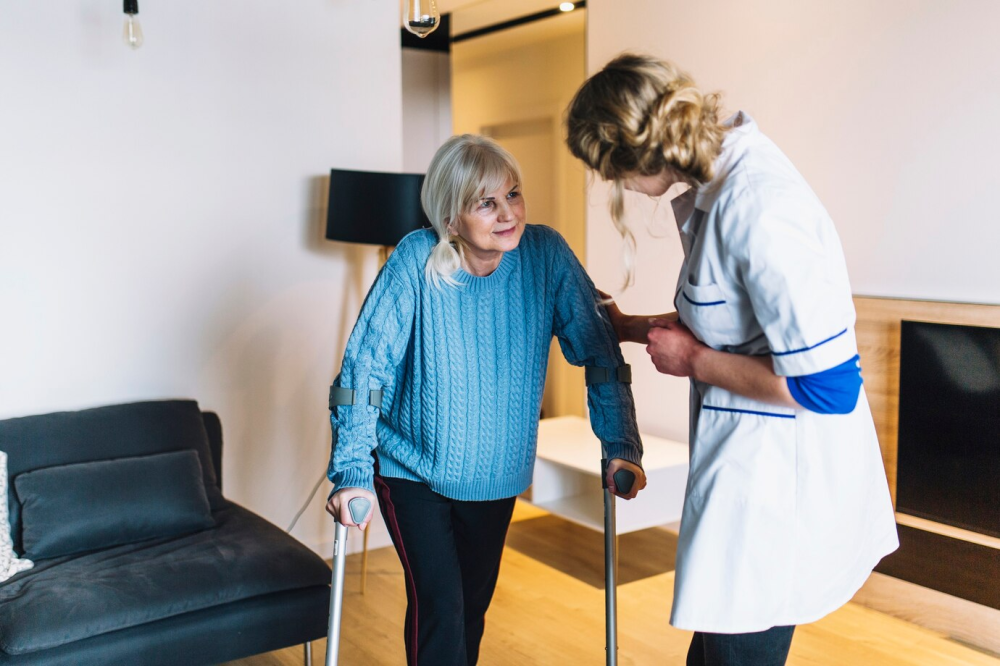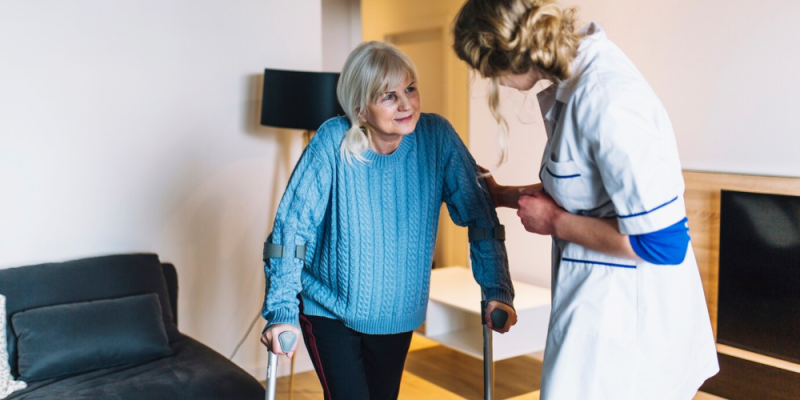Caring for the elderly involves a spectrum of specialized services tailored to the needs of senior citizens. These encompass diverse options like assisted living, nursing homes, home care, adult day care, long-term care, and hospice. The goal is to address the physical, medical, and social aspects of their well-being.
Navigating the complex landscape of professional elderly care services becomes paramount for the holistic welfare of our seniors. The extends crucial support in daily activities, medical requirements, and social interaction, thereby significantly elevating the quality of life for the elderly.
The Growing Need for Elderly Care
Ageing Population Statistics
Delving into global ageing population statistics reveals a seismic shift in demographics. The United Nations predicts a doubling of individuals aged 65 and above, escalating from 9% to nearly 17% by 2050. These figures underscore the imminent strain on healthcare, pensions, and Social Security.
Trends in Ageing Population Health Needs
The health needs of the ageing population continue to evolve, marked by a surge in chronic illnesses like diabetes, heart disease, and dementia. Concurrently, there’s an upswing in the demand for mental health services, home-based care, and innovative assistive technologies.
Increasing Demand for Professional Elderly Care Services
A surge in the demand for professional elderly care services accompanies the global ageing phenomenon. This surge emanates from the escalating health complexities linked with ageing, coupled with a burgeoning desire for high-quality, specialized care options.
Understanding the Role of Maids in Elderly Care
Job Description and Duties of a Maid in Elderly Care
The role of a maid in elderly care spans beyond the conventional household chores. In addition to maintaining clean and safe living environments, maids provide personal care assistance. Their duties encompass a spectrum from cleaning, cooking, and laundry to shopping, medication administration, and handling essential errands or medical appointments for the elderly.
Advantages of Hiring a Maid for Elderly Care
Engaging a maid for elderly care unfolds a myriad of benefits. Beyond dedicated companionship, these include invaluable assistance with daily chores, meal preparations, personal hygiene, and medication management. The cumulative effect ensures the overall well-being, safety, and comfort of the elderly.
Differentiating a Maid from Other Elderly Care Professionals
While a maid concentrates on household chores and basic home management, other elderly care professionals like personal care aides or nurses provide direct physical aid, medical support, and companionship to seniors. It’s the amalgamation of these roles that creates a comprehensive and effective care network.
How Maids Contribute to Elderly Care
Assistance with Day-to-Day Activities
Enriching the lives of those grappling with mobility or cognitive limitations, maids offer vital assistance with day-to-day activities. This encompasses support with meal preparation, personal hygiene, household chores, and running errands.
Companionship and Social Interaction
Recognizing the fundamental role of companionship and social interaction in human well-being, maids go beyond tasks, eliminating loneliness, stimulating mental health, and fostering empathy. The shared experiences form a tapestry of rich memories, promoting cooperative behaviour.
Maintaining Hygiene and Cleanliness for the Elderly
Emphasizing the importance of hygiene and cleanliness, maids play a pivotal role in preventing health issues for the elderly. Regular bathing, oral care, clean clothes, and tidy living environments substantially reduce infection risks, contributing to overall well-being.

Selecting the Right Maid for Elderly Care
Factors to Consider in Selecting a Maid for Elderly Care
Choosing a maid for elderly care demands thoughtful consideration. Evaluating their experience, professional training, and personality compatibility is crucial. Background checks, references, and assessing their availability and dependability align the hiring process with individual needs.
Importance of Training and Experience
Recognizing the significance of training and experience is pivotal for personal and professional development. Equipping individuals with skills and enhancing their knowledge fosters practical understanding, contributing significantly to operational efficiency in elderly care.
The Process of Hiring a Maid Through an Agency
The systematic process of hiring a maid through an agency involves conveying requirements, shortlisting candidates, conducting background checks, and scheduling interviews. Agencies facilitate the hiring process, ensuring a seamless match between the elderly individual’s needs and the maid’s capabilities.
Benefits of Hiring a Professional Maid for Elderly Care
Engaging a professional maid for elderly care ensures a clean and secure living environment, ultimately enhancing the physical and mental well-being of seniors. The personalized services encompass meal preparation, medication reminders, and companionship, collectively uplifting the overall quality of life.
Enhancing the Quality of Life for the Elderly
Central to elderly care is the mission of enhancing the quality of life. This involves nurturing strong social connections, promoting physical health, providing mental stimulation, and integrating healthcare improvements and accessible technologies to achieve holistic well-being.
Providing Relief for Family Members
Assuaging family members’ concerns involves emotional, physical, or financial support. This assistance alleviates stress, strengthens family bonds, and fosters resilience and empowerment within the family unit.
Ensuring Safety and Security
Prioritizing safety and security entails implementing stringent rules, advanced technologies, and comprehensive training. This comprehensive approach fosters a sense of well-being and trust among all individuals involved in elderly care.
Challenges and Solutions in Hiring a Maid for Elderly Care
Addressing Concerns about Trust and Security
In today’s digital age, addressing concerns about trust and security is paramount. Businesses can enhance cybersecurity measures, establish transparent privacy policies, and ensure robust data protection, ultimately building customer confidence and trust.
Coping with Potential Language and Cultural Barriers
Adapting to potential language and cultural barriers requires open-mindedness and flexibility. Basic knowledge of the local language, understanding cultural norms, and maintaining respect for traditions substantially improve cross-cultural understanding and communication, with patience and empathy playing key roles.
Managing Costs of Elderly Care Services
Effectively managing the costs of elderly care services becomes critical with the rising ageing population. Strategies encompass preventive healthcare, efficient resource allocation, and exploring affordable assistive technologies, collectively working to alleviate the financial burden.
